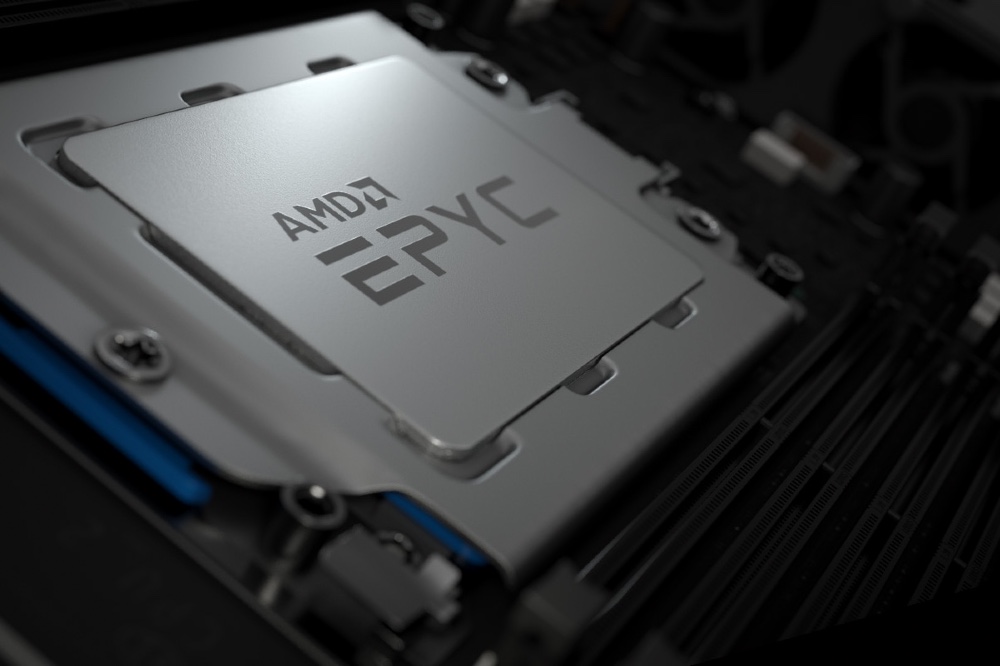Google Cloud has partnered with AMD to make virtual machines powered by the second-generation AMD EPYC processors available to its customers in beta form. The beta is currently available in us-central1, asia-southeast1, and europe-west4, although it will be available in more regions soon.
While the launch of a new virtual machine on a cloud platform isn’t always notable, the second-generation AMD EPYC processors are an exciting prospect, as they’re the chips that could put AMD ahead of Intel for the first time ever. They’re built using TSMC’s 7nm process and are based on the Zen 2 microarchitecture. AMD says that this adds up to a 39% performance improvement on the Coremark benchmark versus comparable N1 instances while offering a savings of up to 13% over comparable N-series instances,
Google Cloud customers will be provided with 128 and 224 vCPUs configuration options that promise up to 70% higher platform memory bandwidth compared to existing comparable VMs in the Google Compute Engine catalogue for HPC workloads requiring high memory bandwidth. While they will also have access to higher platform memory bandwidth and higher core counts. AMD says that this leads to a 100% performance improvement on a variety of benchmarks, including Gromacs and NAMD, compared to n1-standard-96 vCPUs.
“Cloud providers and hosters around the world recognise the fantastic core scaling, massive memory bandwidth, impressive TCO savings and record setting performance of the 2nd Gen AMD EPYC processors,” said Forrest Norrod, senior vice president and general manager, Datacenter and Embedded Solutions Business, AMD.
“AMD and Google have worked together closely on these initial VMs to help ensure Google Cloud customers have a high-performance and cost-effective experience across a variety of workloads, and we will continue to work together to provide that experience this year and beyond.”


